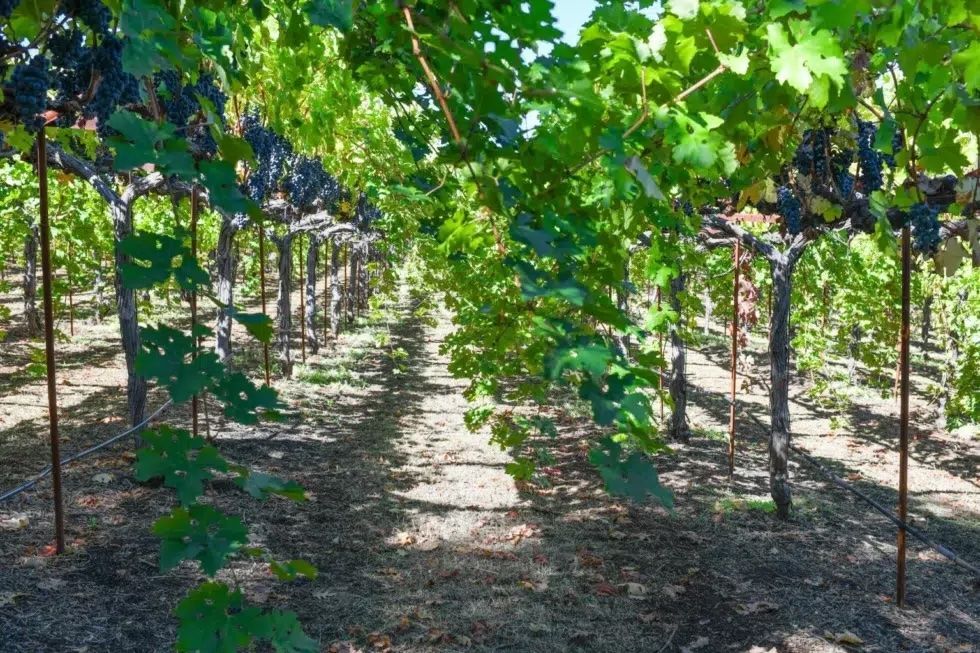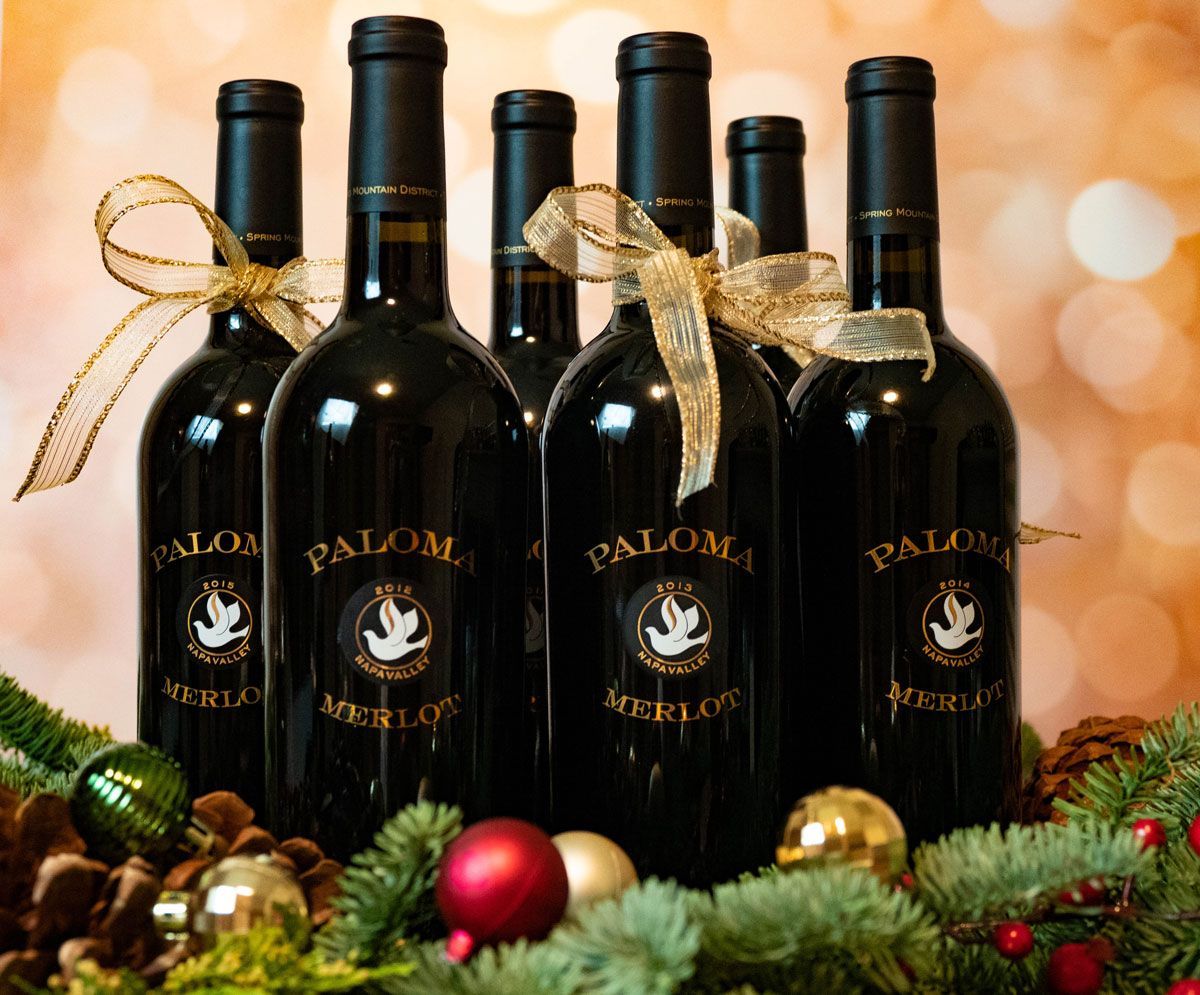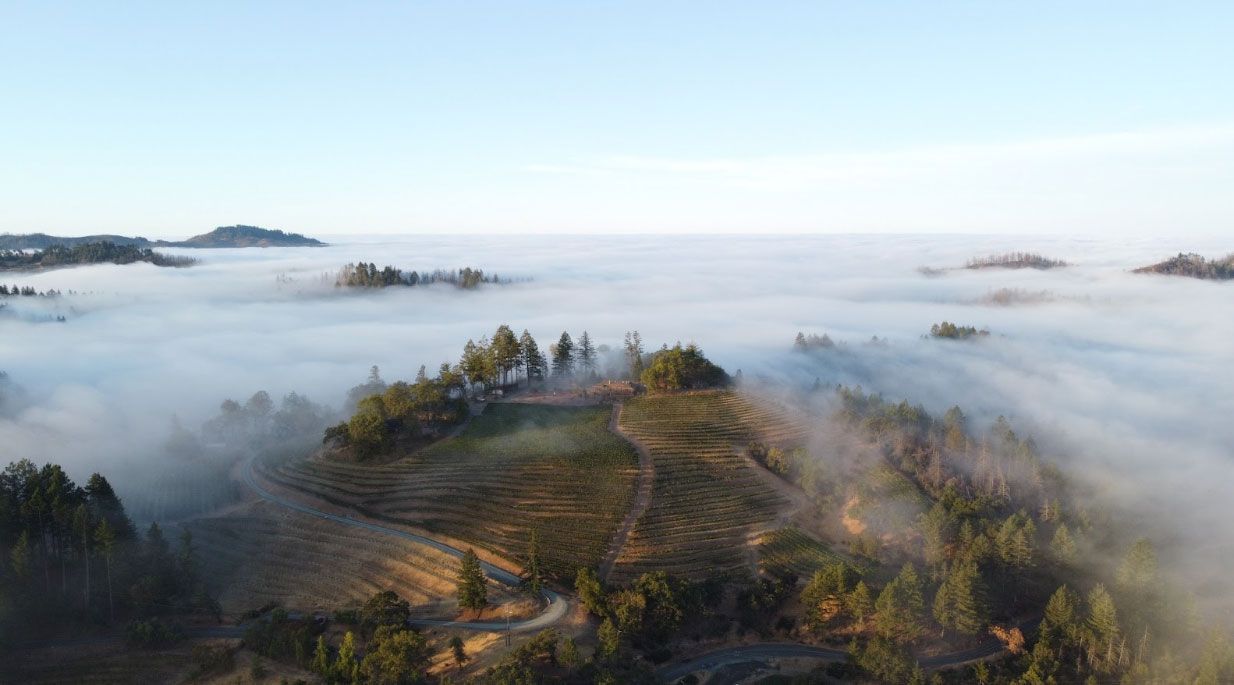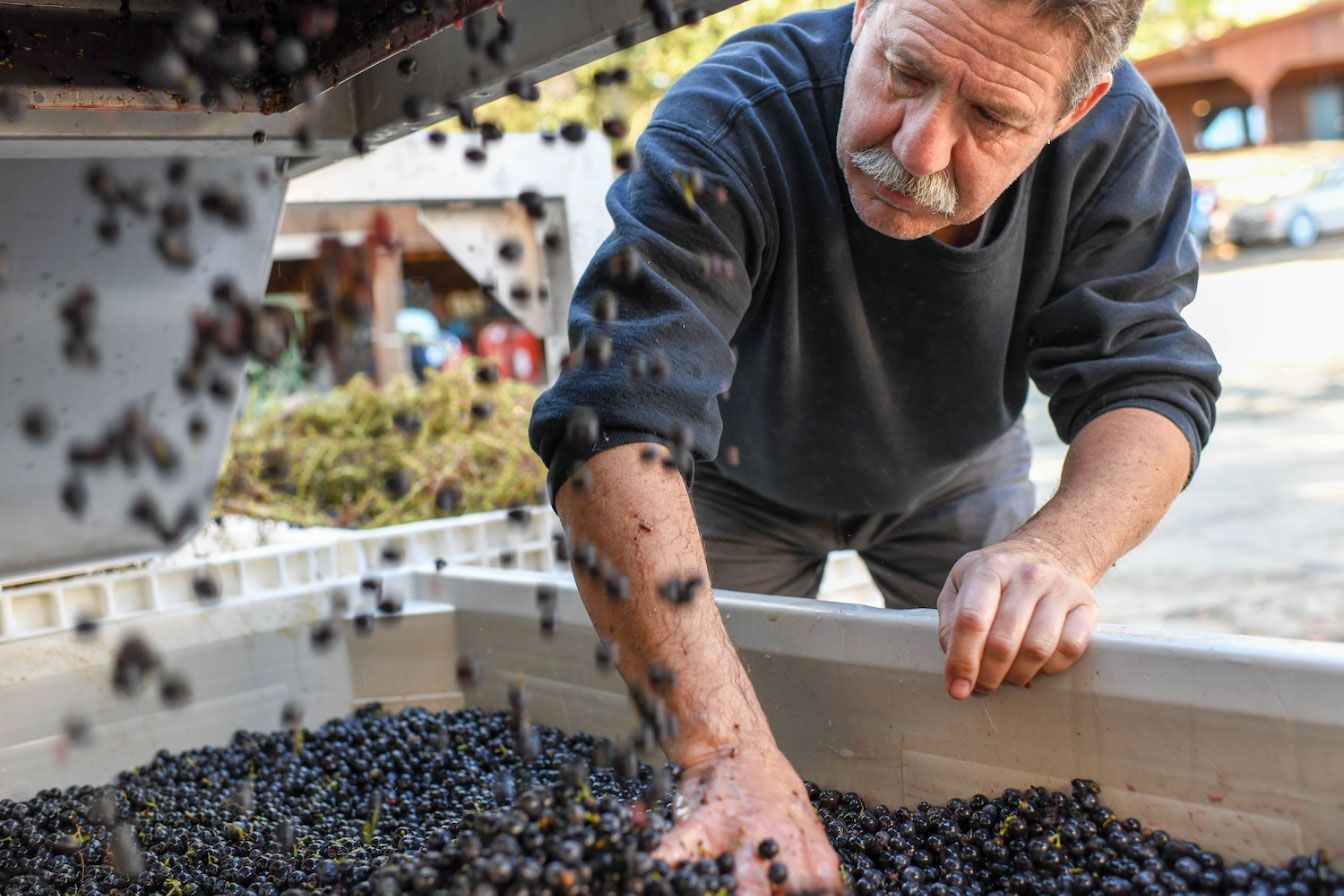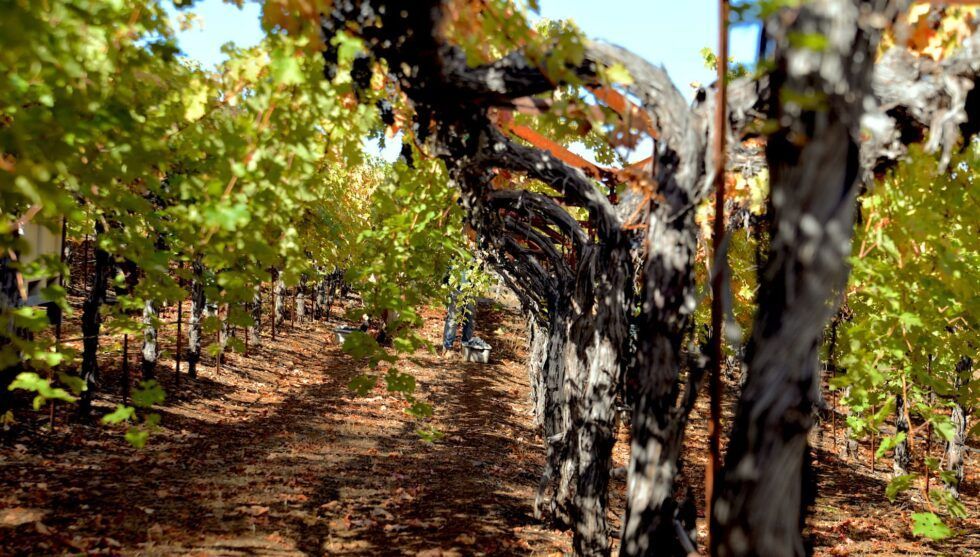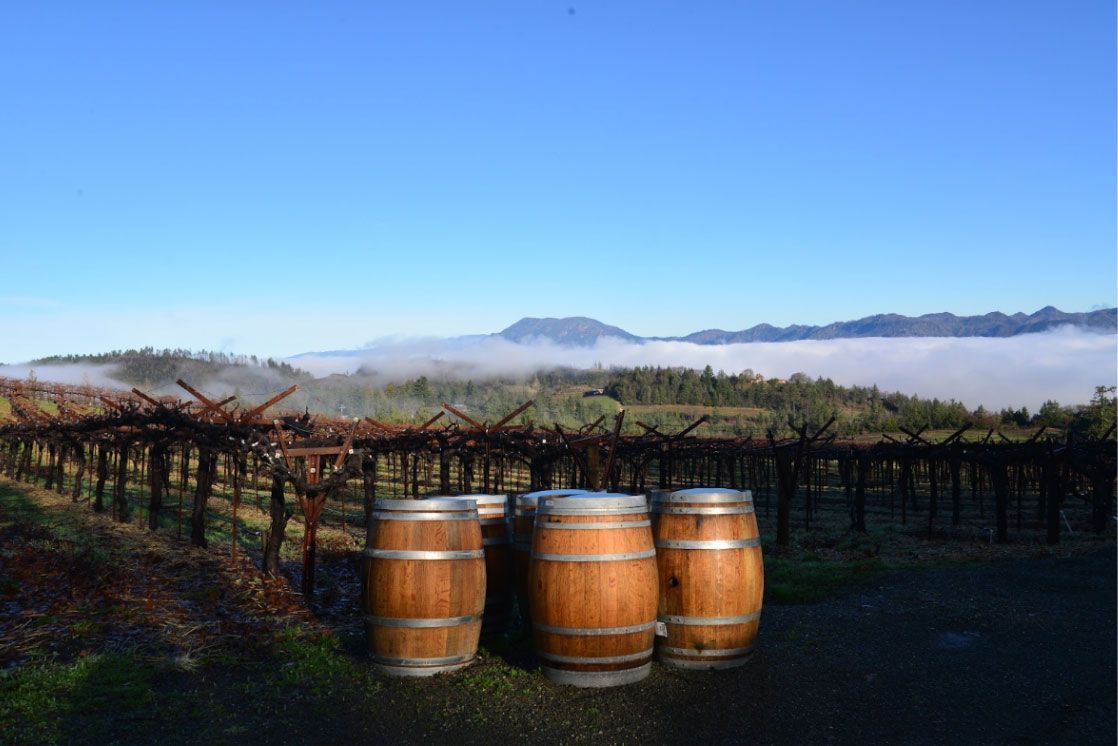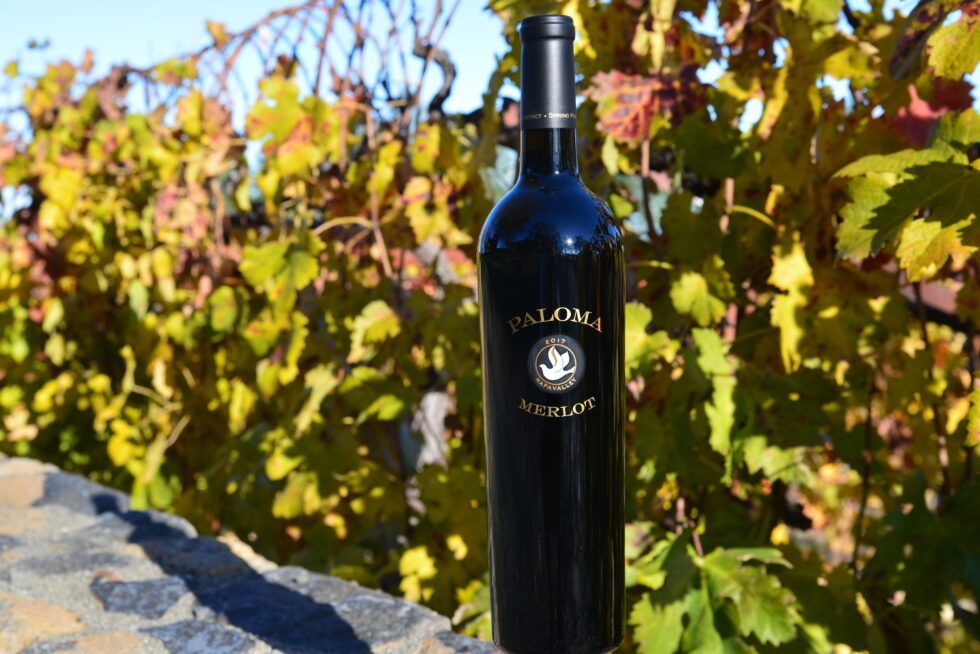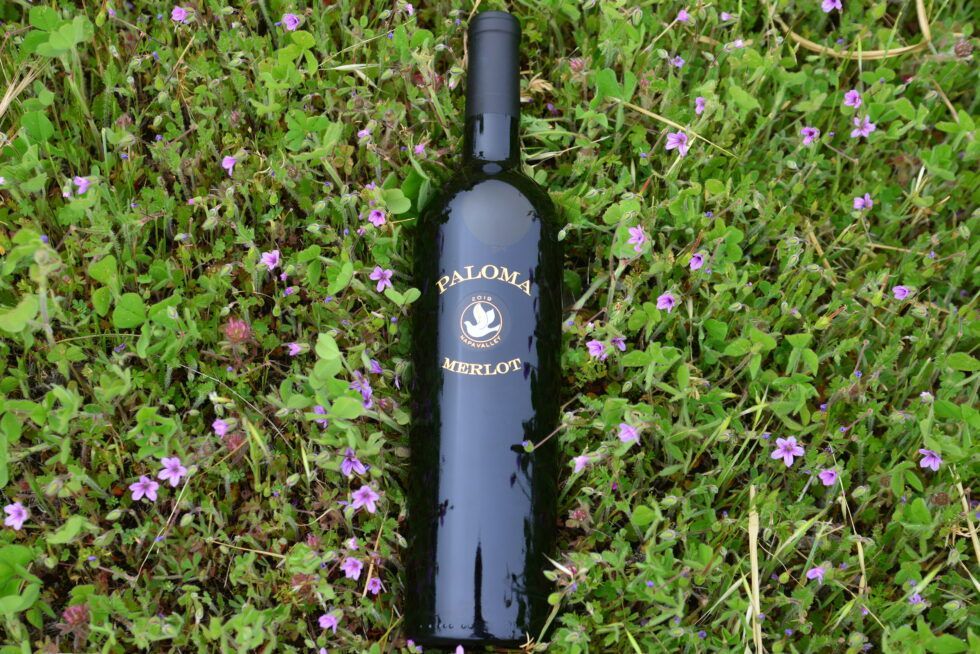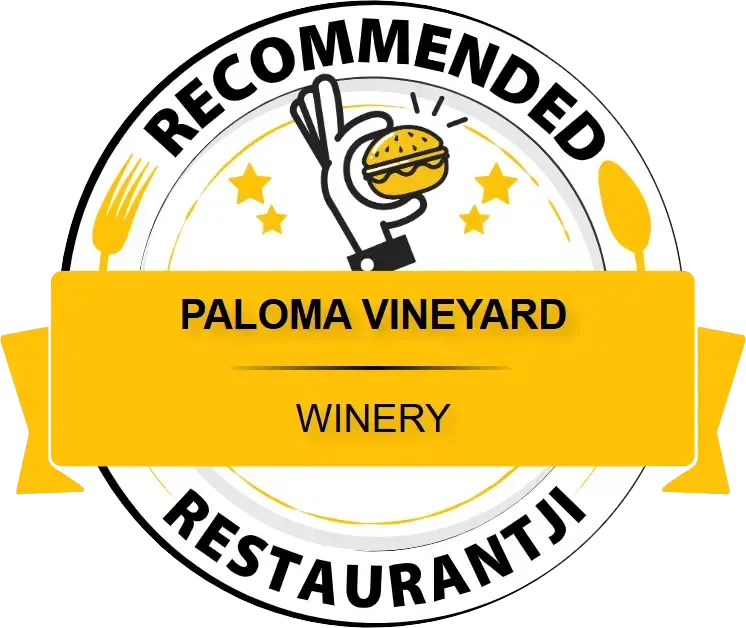Discovering Merlot: A Guide to Understanding This Beloved Grape
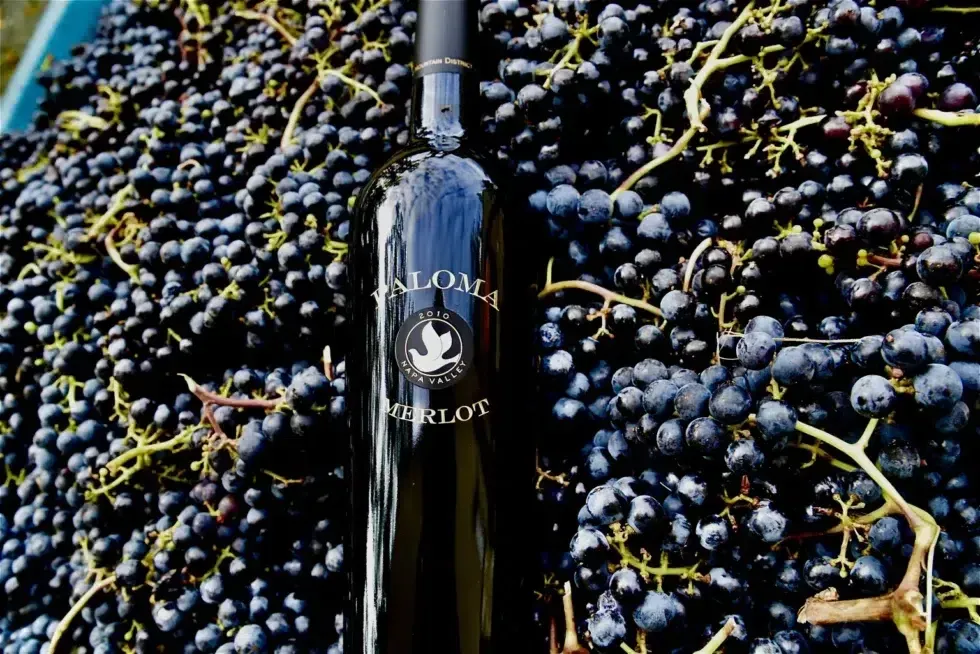
Merlot has captivated wine enthusiasts for over two centuries with its smooth texture, rich flavors, and remarkable versatility. As one of the most widely planted grape varietals in the world, Merlot holds a prominent place on dinner tables and in wine cellars from Bordeaux to Napa Valley. But what makes Merlot so special? The answer lies in the grape’s adaptability, the care that goes into its cultivation, and the sense of place reflected in every bottle.
At Paloma Vineyard, Merlot has been the cornerstone of our winemaking philosophy since the very beginning. Grown up high on Napa Valley’s Spring Mountain, our Merlot is a testament to how small, family-owned vineyards can craft wines with character, complexity, and a deep connection to the land.
What Does Merlot Taste Like?
Merlot is renowned for its approachable nature. The grape’s flavor profile typically ranges from ripe plums and black cherries to more nuanced notes of chocolate, bay leaf, and vanilla. The smooth texture and medium body make Merlot one of the most easy-drinking red wines, equally enjoyable on its own or alongside a meal.
The defining feature of Merlot is its balance between fruit, acidity, and tannins. While Cabernet Sauvignon can sometimes be too bold or tannic for casual sipping, Merlot offers a softer, more welcoming structure—without sacrificing complexity.
How Climate Shapes Merlot’s Personality
The vineyard’s climate plays a critical role in shaping the flavor profile of Merlot. In warm-climate vineyards like Paloma Vineyard on Spring Mountain, Merlot grapes ripen more fully, resulting in lush, fruit-forward wines with softer tannins and higher alcohol content. These wines often highlight flavors of blackberry, plum, and mocha, making them immediately enjoyable.
In contrast, Merlots grown in cooler regions, such as Bordeaux or Washington State, develop more structured, earthy flavors like graphite, black tea, and tobacco. The slower ripening process in these climates allows for higher acidity and firmer tannins, creating wines that age gracefully over time.
Whether you prefer a juicy, fruit-driven Merlot or a more structured, age-worthy expression, the climate of the vineyard will have a profound impact on your tasting experience.
Not all Merlots are created equal. Beyond climate and winemaking techniques, the size and philosophy of the vineyard can make a significant difference in the wine’s quality and character. Small, family-owned wineries like Paloma Vineyard tend to take a more hands-on approach, with the winemakers deeply involved in every aspect of the process.
At Paloma, the vineyard is hand-tended, and the grapes are hand-picked and hand-processed. This attention to detail allows us to select only the best clusters at the perfect moment of ripeness. Manual punch-downs and minimal intervention techniques let the vineyard’s natural flavors shine through without relying on additives or heavy manipulation.
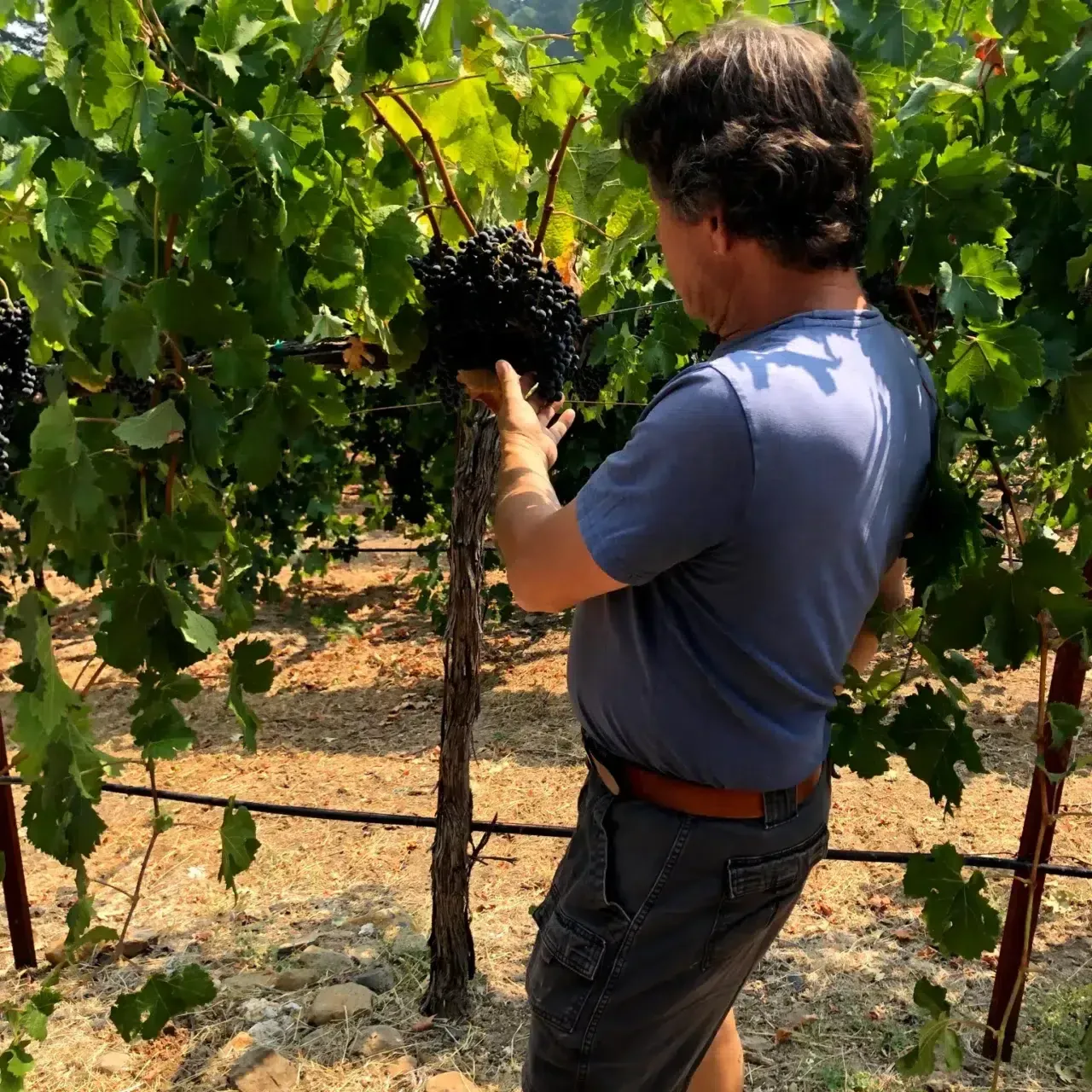
Family-owned vineyards also tend to prioritize sustainability—not just as a business decision, but as a reflection of their connection to the land. Paloma Vineyard uses solar power to generate 90% of our energy needs, partners with sustainable suppliers like Amorim corks and Saver Glass, and relies on man-powered equipment over machine-powered tools whenever possible. This commitment to sustainability ensures that the vineyard will continue thriving for generations to come.
Why Merlot Is Often Described as “Sweet”
One of the most common misconceptions about red wine—particularly Merlot—is that it tastes sweet. In reality, most red wines, including Merlot, are made in a dry style, meaning that the yeast converts nearly all of the grape sugars into alcohol during fermentation.
When people describe Merlot as sweet, they’re often picking up on its ripe fruit flavors rather than actual sugar content. In Napa Valley’s warm climate, winemakers can allow the grapes to hang on the vine longer, resulting in wines with plush, fruit-forward aromas. Sheldon Richards, Paloma’s owner and winemaker, compares this to picking a perfectly ripe peach straight from the tree—an experience that’s both sweeter and more flavorful than any store-bought fruit.
The Magic of Spring Mountain’s Terroir
At Paloma Vineyard, Merlot is more than just a grape—it’s an expression of our unique sense of place. The combination of high elevation, volcanic soils, and cool afternoon breezes creates a wine with concentrated fruit flavors, bright acidity, and remarkable aging potential.
Every bottle of Paloma Merlot tells the story of Spring Mountain: the sun-soaked afternoons, the chilly fog rolling through the vineyards, and the dedicated hands that tend the vines year-round. The result is a wine that is both elegant and powerful—reflecting the rugged beauty of the land.
Pairing Merlot with Food
Merlot’s smooth texture and balanced structure make it a versatile partner at the dinner table. It pairs beautifully with:
- Grilled meats like lamb or pork tenderloin
- Hearty pasta dishes with tomato-based sauces
- Roasted poultry such as turkey or chicken
- Earthy vegetarian options like portobello mushrooms or lentil stews
- Semi-hard cheeses like Gouda or aged cheddar
Whether you’re planning a dinner party or simply enjoying a glass by the fire, Merlot is one of the most food-friendly wines you can keep in your cellar.
A Legacy in Every Bottle
Merlot’s popularity endures because it offers something for everyone—from the casual sipper to the seasoned collector. But finding a truly great Merlot requires looking beyond mass-produced labels and seeking out small producers who pour their hearts into every bottle.
At Paloma Vineyard, Merlot is more than a varietal—it’s a family legacy. Every vintage represents a year of hard work, thoughtful stewardship, and a deep respect for the land. Our wines are a reflection of our values: quality, sustainability, and an unwavering commitment to expressing the unique beauty of Spring Mountain.
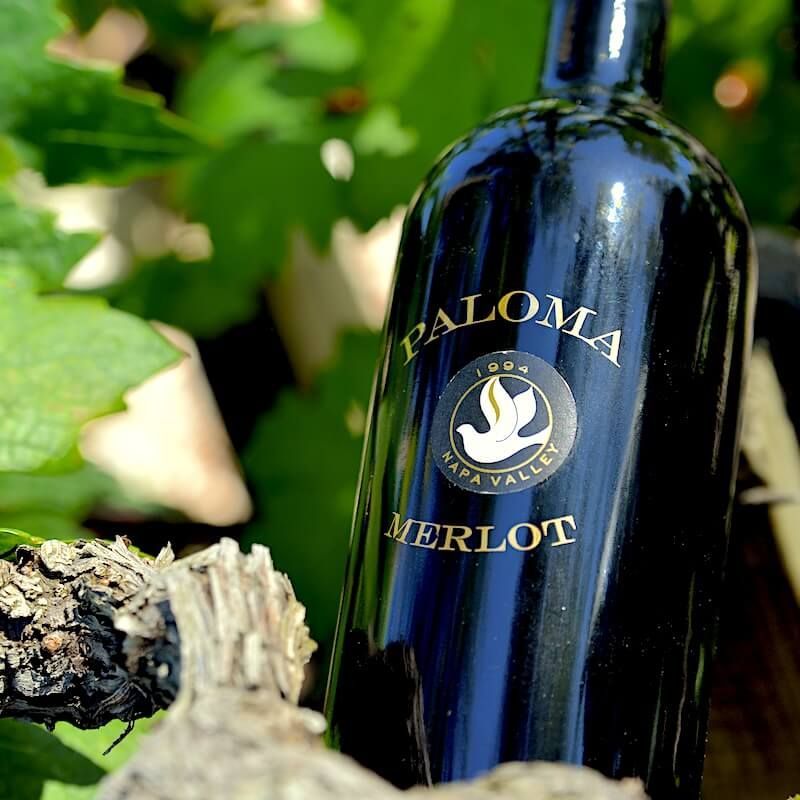
Ready to Discover Your Perfect Merlot?
Whether you’re new to Merlot or a lifelong fan, there’s always something new to discover in this versatile grape. Explore our current releases and experience how the combination of small-batch winemaking, sustainable practices, and the magic of Spring Mountain creates wines that are both approachable and unforgettable.
Join us at Paloma Vineyard—where every sip tells a story.
